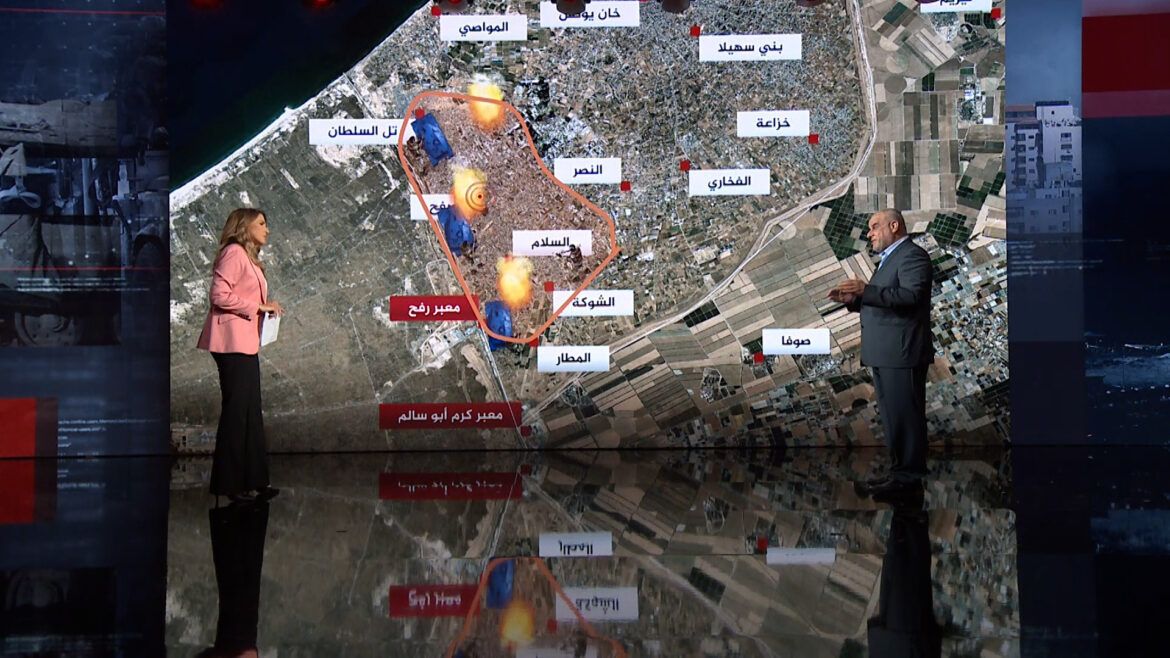Military and strategic expert, Colonel Hatem Karim Al-Falahi, downplayed the statements of an Israeli military official, in which he said that Tel Aviv had destroyed between 35% and 40% of the capabilities of the Islamic Resistance Movement (Hamas).
Al-Falahi explained, during his analysis of the military scene in Gaza, that assuming the numbers announced by the Israeli military official are correct, this means that at least 60% of Hamas’ capabilities are still present and effective, stressing that the talk applies to human and material forces.
He pointed out that the tunnel network is still active, citing reports that 65% of it is still working, before concluding that the declared Israeli percentage may be large compared to reality.
The head of the Israeli Air Force’s strategic unit said that Israel was able – after 8 months of war – to destroy only 35% to 40% of Hamas’s strength.
The strategic expert pointed out that the occupation army is talking about a manufacturing process taking place in the Gaza Strip, noting the missiles and bombs that were thrown into Gaza but did not explode. Hamas uses it to recycle and restore its military capabilities, in addition to the movement’s reorganization, rehabilitation, and training of new forces to engage in combat.
There are also new military capabilities that Hamas has introduced to the front line, in reference to the use of the Al-Qassam Brigades – the military wing of Hamas – by the “Red Arrow” missile to target an Israeli engineering vehicle in Rafah in the southern Gaza Strip, according to Al-Falahi.
The military expert reiterated his assertion that Israel had failed to achieve the goals of the war, which were to disarm Hamas, destroy its military, authoritarian, and governmental capabilities, and recover the detained prisoners, even though the intensive Israeli military operations were almost over, according to Chief of Staff Herzi Halevy.
Regarding Halevy’s statements, Al-Falahi said that they mean the end of the intensive phase of ground maneuvers and the transition to raiding, raiding and inspection operations with limited forces, such as the operation to recover 4 Israeli prisoners in the Nuseirat camp in the central Gaza Strip.
He stressed that the Nuseirat operation is considered a temporary tactical victory, not a strategic one, and may not be repeated in the future, in addition to any new operation that may incur significant human losses to the occupation.
He warned that Israel has an intention to remain in the Netzarim and Philadelphia axes and along the border strip separating Gaza, which means the presence of military sectors there.



